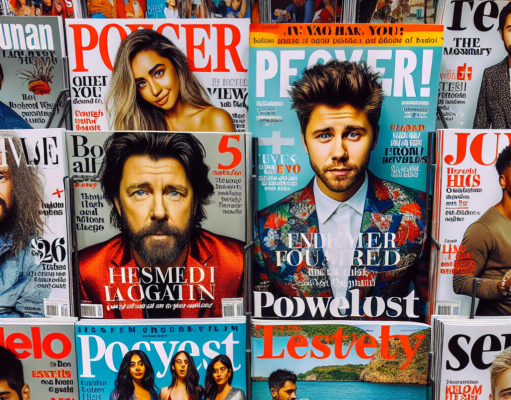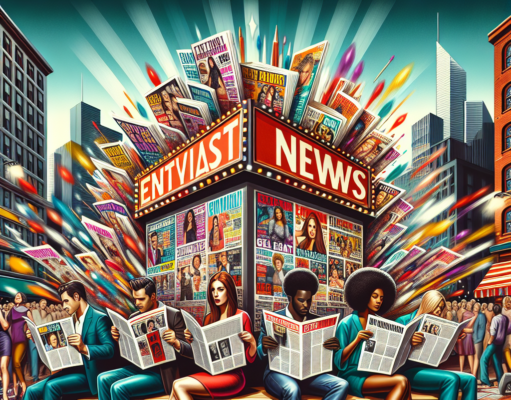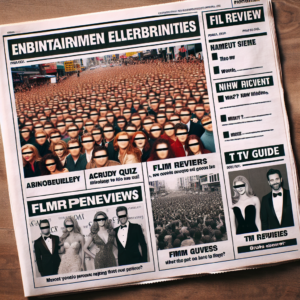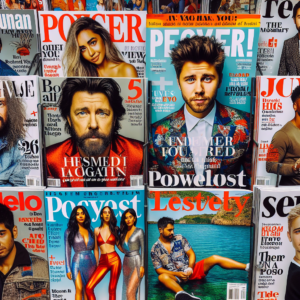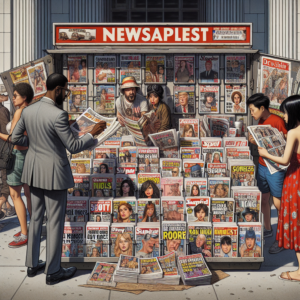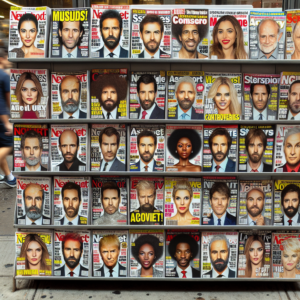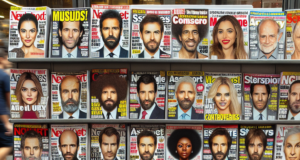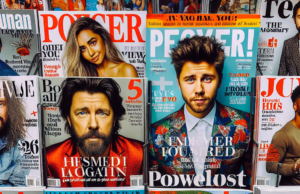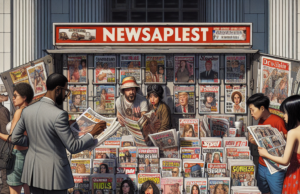Unveiling the Bold: Iconic Fashion Statement Moments That Shocked the World

Fashion is an ever-evolving tapestry woven from the threads of culture, society, and individual expression. Throughout history, bold fashion statements have emerged as powerful symbols of identity, rebellion, and change. From the flamboyant styles of the Renaissance to the avant-garde movements of the 21st century, daring choices have not only defined eras but also sparked conversations that transcend the realm of clothing. This article explores the evolution of bold fashion statements, their cultural significance, and the enduring impact they have on the fashion industry.
The Evolution of Fashion Statements: A Historical Perspective on Bold Choices
The history of fashion is replete with moments that challenge societal norms and redefine aesthetics. In the 18th century, the extravagant garments worn by the French aristocracy, characterized by elaborate fabrics and ostentatious designs, served as a form of social commentary on wealth and power. The Industrial Revolution brought about a democratization of fashion, allowing for greater access to diverse styles. The 20th century witnessed the rise of movements such as Dadaism and Surrealism, which encouraged artists and designers to break free from traditional constraints. These historical milestones laid the groundwork for contemporary fashion, where bold choices are often celebrated as expressions of individuality and defiance against conformity.
Defining Moments in Fashion: When Outrageous Became Iconic
Certain fashion moments have transcended the ordinary to become defining symbols of their time. The 1960s saw the emergence of the miniskirt, championed by designer Mary Quant, which not only revolutionized women’s fashion but also became a symbol of the sexual liberation movement. In the 1980s, Madonna’s provocative outfits, including the infamous cone bra designed by Jean Paul Gaultier, challenged conventional notions of femininity and sexuality. More recently, Lady Gaga’s meat dress at the 2010 MTV Video Music Awards shocked audiences and ignited discussions about the intersection of fashion and activism. These moments illustrate how bold fashion choices can encapsulate broader cultural movements, making them not just statements of style but also reflections of societal change.
Cultural Impact: How Bold Fashion Statements Reflect Societal Changes
Bold fashion statements often serve as mirrors reflecting the zeitgeist of their respective eras. For instance, the punk movement of the 1970s, characterized by ripped clothing, safety pins, and vibrant hair colors, was a direct response to societal disillusionment and rebellion against the status quo. Similarly, the rise of streetwear in the 21st century, with its emphasis on comfort and urban aesthetics, reflects a shift towards inclusivity and diversity in fashion. These statements not only challenge existing norms but also provide a platform for marginalized voices, allowing individuals to express their identities and advocate for social change through their attire.
The Role of Celebrity Influence in Shaping Iconic Fashion Moments
Celebrities have long played a pivotal role in shaping and popularizing bold fashion statements. Their visibility and influence can catapult unconventional styles into the mainstream, as seen with figures like Rihanna, who has consistently pushed boundaries with her fashion choices. The 2015 Met Gala, where she donned a stunning yellow gown designed by Guo Pei, became a defining moment in fashion history, showcasing the power of celebrity to elevate avant-garde designs. Additionally, social media platforms have amplified this influence, allowing fans to engage with and emulate their favorite stars’ bold choices. As a result, celebrities not only inspire trends but also contribute to the ongoing dialogue surrounding fashion and identity.
Analyzing the Risks and Rewards of Making a Bold Fashion Statement
While bold fashion statements can yield significant rewards, they also come with inherent risks. Designers and wearers alike must navigate the fine line between innovation and alienation. For instance, while a groundbreaking design may garner critical acclaim, it can also provoke backlash from traditionalists or those resistant to change. The risk of misinterpretation or cultural appropriation can further complicate the landscape. However, the potential rewards—such as increased visibility, brand recognition, and the ability to spark meaningful conversations—often outweigh these risks. Ultimately, the courage to make a bold fashion statement can lead to transformative experiences for both the individual and the industry at large.
Lasting Legacies: Iconic Fashion Moments That Changed the Industry Forever
The impact of bold fashion statements extends far beyond their initial unveiling, leaving lasting legacies that continue to shape the industry. The introduction of the “little black dress” by Coco Chanel in the 1920s revolutionized women’s fashion, establishing a timeless staple that remains relevant today. Similarly, the rise of gender-fluid fashion, championed by designers like Harris Reed and brands such as Gucci, has challenged traditional gender norms and paved the way for a more inclusive approach to style. These iconic moments not only redefine aesthetics but also inspire future generations of designers and fashion enthusiasts to embrace their individuality and challenge the boundaries of conventional fashion.
In conclusion, bold fashion statements are not merely fleeting trends; they are powerful expressions of identity, culture, and societal change. From historical milestones to contemporary influences, these moments have shaped the fashion landscape and continue to inspire individuals to embrace their uniqueness. As we look to the future, it is essential to recognize the significance of bold choices in fashion, as they serve as catalysts for dialogue, innovation, and transformation within the industry. The legacy of these iconic moments reminds us that fashion is not just about clothing; it is a dynamic reflection of who we are and the world we inhabit.

